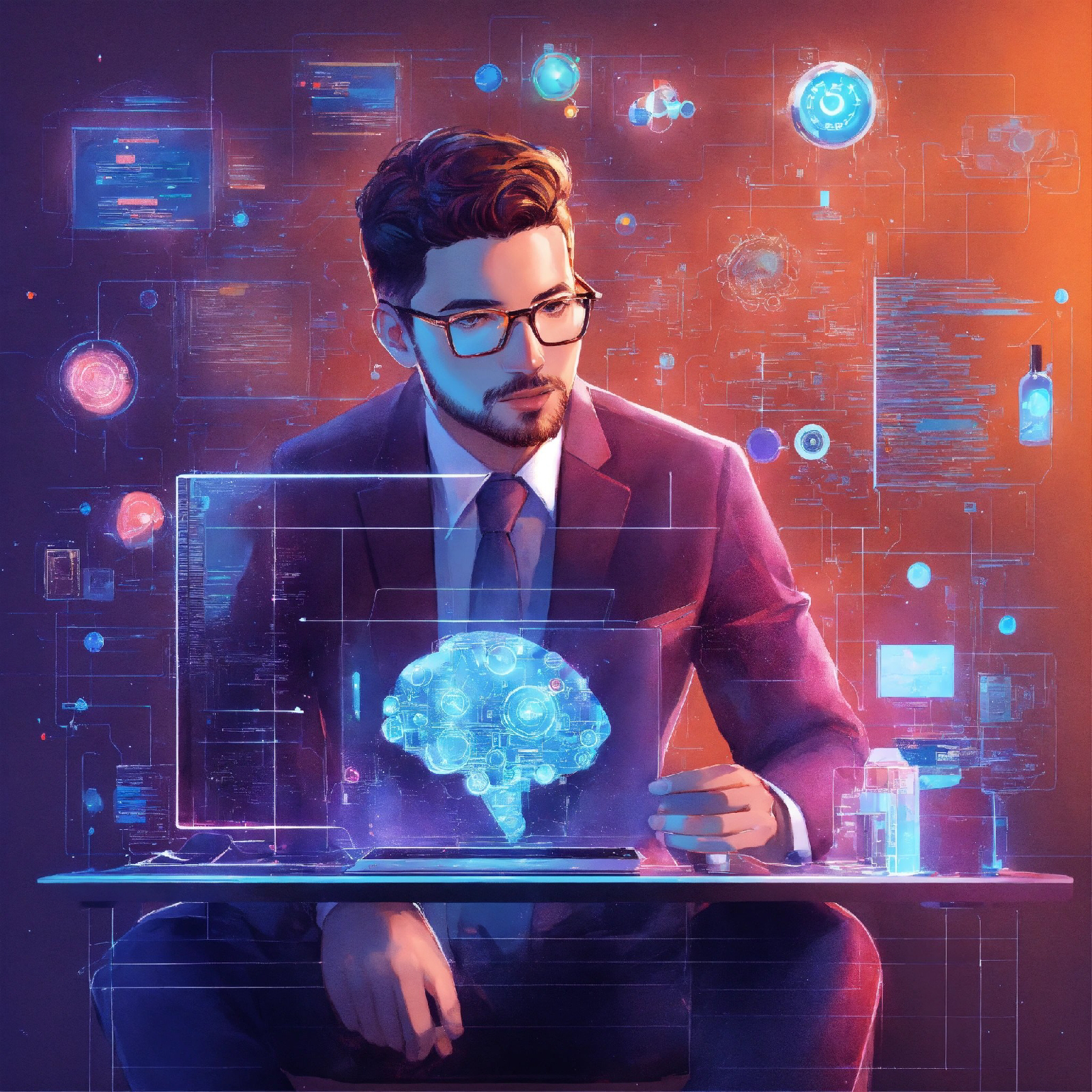The metaverse continues to evolve, with innovations in augmented and virtual reality, creating immersive digital environments. This includes enhanced social experiences, virtual commerce, and collaborative workspaces that redefine the way we interact with digital content.
2. AI-Driven Healthcare Solutions:
Artificial intelligence is making significant strides in healthcare, from diagnostic tools to personalized treatment plans. AI algorithms analyze vast datasets to identify patterns, leading to more accurate diagnoses and optimized patient care.
3. Quantum Computing Breakthroughs:
Quantum computing reaches new milestones in 2023, with advancements in qubit stability, error correction, and practical applications. This technology holds the potential to revolutionize fields such as cryptography, optimization, and complex simulations.
4. 5G Integration Across Industries:
The widespread integration of 5G technology enhances connectivity and unlocks possibilities across various industries. From smart cities and autonomous vehicles to IoT devices and augmented reality applications, 5G fuels a new era of high-speed, low-latency communication.
5. Green Technology Innovations:
Sustainable and eco-friendly technologies gain prominence, addressing environmental concerns. Innovations include advancements in renewable energy, energy-efficient infrastructure, and circular economy solutions that promote responsible consumption and production.
6. Decentralized Finance (DeFi) Evolution:
Decentralized finance continues to disrupt traditional financial systems. In 2023, we witness further development in blockchain-based financial services, including decentralized exchanges, lending protocols, and the integration of non-fungible tokens (NFTs) in the DeFi landscape.
7. Edge Computing Applications:
Edge computing becomes more prevalent, enabling data processing closer to the source. This enhances real-time applications, reduces latency, and supports the growing demands of the Internet of Things (IoT) by distributing computing resources strategically.
8. Biotechnology Breakthroughs:
Advancements in biotechnology lead to breakthroughs in personalized medicine, gene therapies, and CRISPR-based technologies. Precision medicine becomes more accessible, with treatments tailored to individual genetic profiles.
9. Autonomous Vehicles and AI in Transportation:
The automotive industry sees significant progress in autonomous vehicles, with AI playing a central role in navigation, safety features, and vehicle-to-everything (V2X) communication. Smart transportation systems aim to improve traffic management and reduce accidents.
10. Cybersecurity Innovations:
As cyber threats evolve, so do cybersecurity innovations. The focus is on proactive threat detection, zero-trust architectures, and advanced encryption methods to safeguard digital assets. AI-driven cybersecurity solutions become more sophisticated in identifying and mitigating risks.
11. Robotics in Various Sectors:
Robotics finds applications across industries, from healthcare and manufacturing to logistics and service. Collaborative robots (cobots), advanced exoskeletons, and autonomous drones contribute to increased efficiency and safety in various work environments.
12. Space Exploration and Commercialization:
The space industry witnesses continued growth, with private companies driving space exploration, satellite deployment, and even plans for commercial space travel. Innovations in propulsion systems, satellite miniaturization, and space tourism shape the future of extraterrestrial endeavors.
These promising tech innovations of 2023 showcase the ongoing transformation of various sectors, driven by advancements in artificial intelligence, quantum computing, sustainability, and decentralized technologies. As these innovations unfold, they contribute to a dynamic and interconnected technological landscape, shaping the way we live, work, and interact with the world around us.






